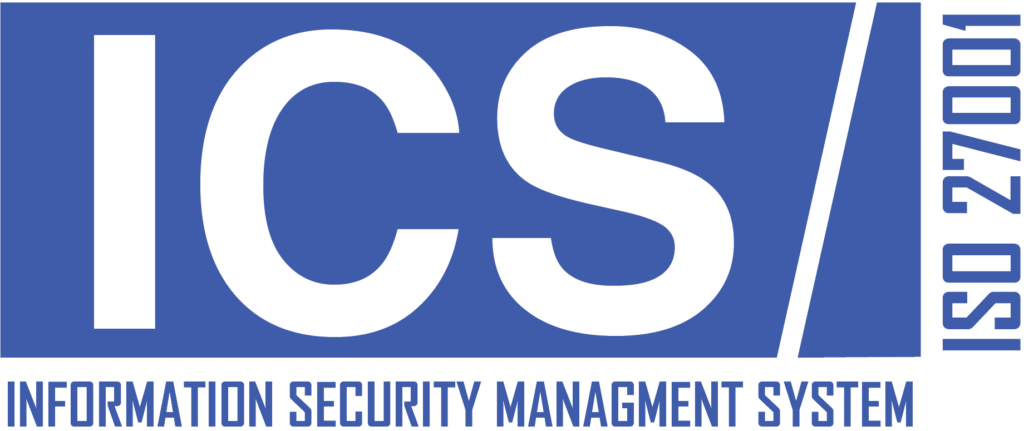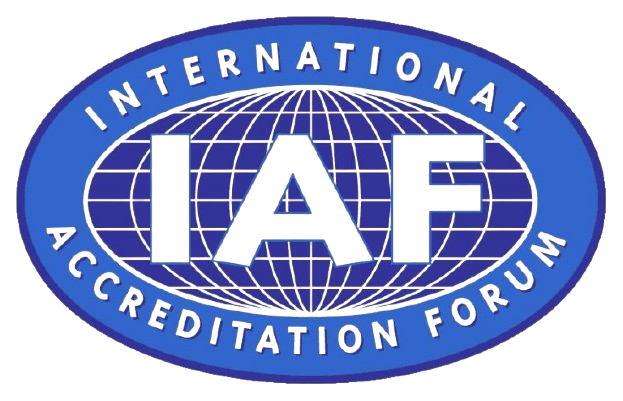

In today’s digital age, protecting sensitive information has become a top priority for organizations. ISO 27001 serves as a global standard for information security management systems (ISMS), offering a systematic approach to managing sensitive company information. By implementing this standard, organizations can mitigate risks, ensure compliance with legal and regulatory requirements, and enhance customer trust.
“Given below is the more detail about the ISO 27001 – an ISMS standard and you might be interested learning more about it. Rest of the part you can avail the certification from ICS to get your organizational dream come true by contact us by clicking below button. “
ISO 27001, developed by the International Organization for Standardization (ISO), outlines the requirements for establishing, implementing, maintaining, and continually improving an ISMS. This standard helps organizations identify and manage information security risks effectively. By adopting ISO 27001, companies demonstrate their commitment to protecting sensitive information and maintaining the confidentiality, integrity, and availability of data.
Organizations across various industries use ISO 27001 to safeguard their information assets. The standard applies to all types of organizations, regardless of their size or sector. ISO 27001 provides a structured approach to risk management, enabling organizations to implement appropriate security controls and reduce the likelihood of data breaches.
ISO 27001 comprises several key components that organizations must address to implement an effective ISMS. These components include:
Identifies and manages information security risks.
Reduces the likelihood of data breaches and minimizes the impact of security incidents.
Certification demonstrates a company’s commitment to information security and
regulatory compliance.
Attracts new customers and builds trust with existing ones.
Opens doors to new markets, as many clients and regulatory bodies require certified suppliers.Ensures that information security practices align with relevant laws and regulations.
Reduces the risk of fines and penalties.Implementing ISO 27001 involves several steps, starting with a gap analysis to identify areas where current practices fall short of the standard’s requirements. This analysis helps organizations develop an implementation plan that outlines necessary actions, resources, and timelines.
Top management plays a crucial role in the successful implementation of ISO 27001 certification. They need to establish an information security policy, set objectives, and allocate resources to support the ISMS. Effective communication is essential to ensure that all employees understand the importance of information security and their role in achieving certification.
Training and development are integral to successful implementation. Employees at all levels should receive training on ISO 27001 requirements and how they apply to their roles. This training helps build a competent workforce that can effectively contribute to the ISMS.
Organizations may face several challenges during the implementation of ISO 27001. Resistance to change is a common hurdle, as employees may be hesitant to adopt new processes and practices. To address this, organizations should focus on effective change management strategies, including clear communication, training, and employee involvement.
Maintaining compliance with ISO 27001 over time requires ongoing commitment and regular audits. Organizations must establish a robust internal audit process to assess the effectiveness of the ISMS and identify areas for improvement. Continual review and updating of practices ensure alignment with the standard and drive continuous improvement.
Continuous improvement is a core principle of ISO 27001 certification. Organizations that adopt this principle can enhance their information security performance over time and adapt to changing security threats. Continuous improvement involves regularly reviewing and updating processes, setting new objectives and targets, and implementing corrective actions to address any deviations.
The Plan-Do-Check-Act (PDCA) cycle is a common tool used in ISO 27001 certification to facilitate continuous improvement. This iterative approach helps organizations systematically address information security issues and implement effective solutions. By fostering a culture of continuous improvement, organizations can achieve long-term information security and sustainability.
ISO 27001 certification is applicable to organizations of all sizes and industries. For example, financial institutions use ISO 27001 to protect sensitive customer information, prevent fraud, and ensure regulatory compliance. Healthcare organizations can enhance patient data security, ensuring the confidentiality and integrity of medical records.
Technology companies also benefit from ISO 27001 by safeguarding intellectual property, preventing data breaches, and building trust with clients. By adopting ISO 27001, organizations can improve their overall information security performance, gain credibility, and build trust with stakeholders and regulatory authorities.
ISO 27001 is a powerful tool for organizations committed to information security management and continuous improvement. By implementing this standard, companies can enhance their information security performance, comply with regulatory requirements, and gain a competitive edge. Despite the challenges associated with implementation, the benefits of ISO 27001 far outweigh the costs. With a strong commitment to information security and ongoing improvement, organizations can achieve long-term success and sustainability. Whether you are a financial institution, healthcare provider, or technology company, embracing ISO 27001 can transform your information security management practices and drive your organization towards excellence.

For Quick Contact Leave Your Message We will Contact You Shortly Or Call Us At Given Numbers or Email Addresses. We Love to Deliver Our Efficient Services.
Copyright All Rights Reserved © 2025